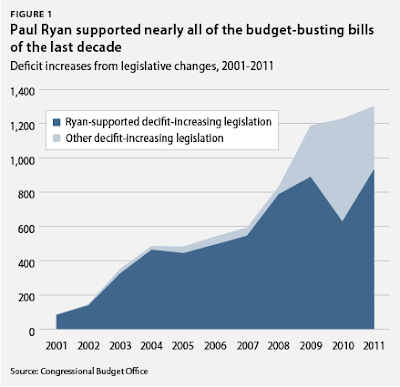Patriotic American Seniors have No Reason To Support The Radical Conservative Agenda
Heritage Foundation president and former Senator Jim DeMint suggested to a town hall audience in Wilmington, Delaware, Thursday that health care programs like Medicare and Medicaid are “un-American” and built on the principles of “socialism and collectivism.”
“I cannot think of anything that’s more un-American than national government-run health care,” DeMint said. “Those who believe in those principles of socialism and collectivism we’ve seen over the centuries, they see as their holy grail taking control of the health care system.”
Though DeMint was referring specifically to the Affordable Care Act, a law the Heritage Foundation is urging Congress to defund in next month’s continuing resolution, his comments could also apply to existing programs that have more direct government involvement than the ACA.
While the federal government does establish the rules and guidelines private insurers must follow in offering coverage for the uninsured though reform and directly finances insurance expansion for lower-income Americans who are eligible for Medicaid — often by contracting with private insurers — numerous other popular government programs like Medicare, the Veterans Health Administration and even the Federal Employees Health Benefits Plan (FEHBP) (which DeMint himself relied on for health care coverage as a member of the Senate) are operated by the government.
Public health comprises more than 40 percent [2] of the nation’s health care spending and that percentage will remain stable [3] as the Affordable Care Act is implemented. By 2014,“private health insurance is anticipated to account forroughly 31 percent [4]of national health spending, or about the same share as was expected without enactment of the Affordable Care Act,” actuaries at the Center for Medicare and Medicaid estimate.
DeMint warned his town hall audience that the system threatens Americans’ freedoms. “[Health care is] such a personal service, it’s such a big part of the economy,” he said. “If [Democrats] can control that, they can control most areas of our lives.”
Nothing could be more American than Americans taking care of Americans. What is Medicare? It is an insurance program that Americans pay into to help ourselves, our families and our neighbors. And if any kind of public program is anti-American socialism as freaky radical conservative Jim DeMint says, than every veteran who has ever received any benefits from government health care is a socialist. Why can't seniors, vets and the disabled pay their own way. Well, the fact is they do. One way or another they contribute money, work or economic activity to the system, run by and for the people. What could be more democratic about that. DeMint and the increasingly radical conservative movement are preaching a dangerous UnAmerican philosophy called social-darwinism. It is time to stop being fooled by conservative doubletalk that wraps deeply radical UnAmerican ideas in the flag and the Bible.






































